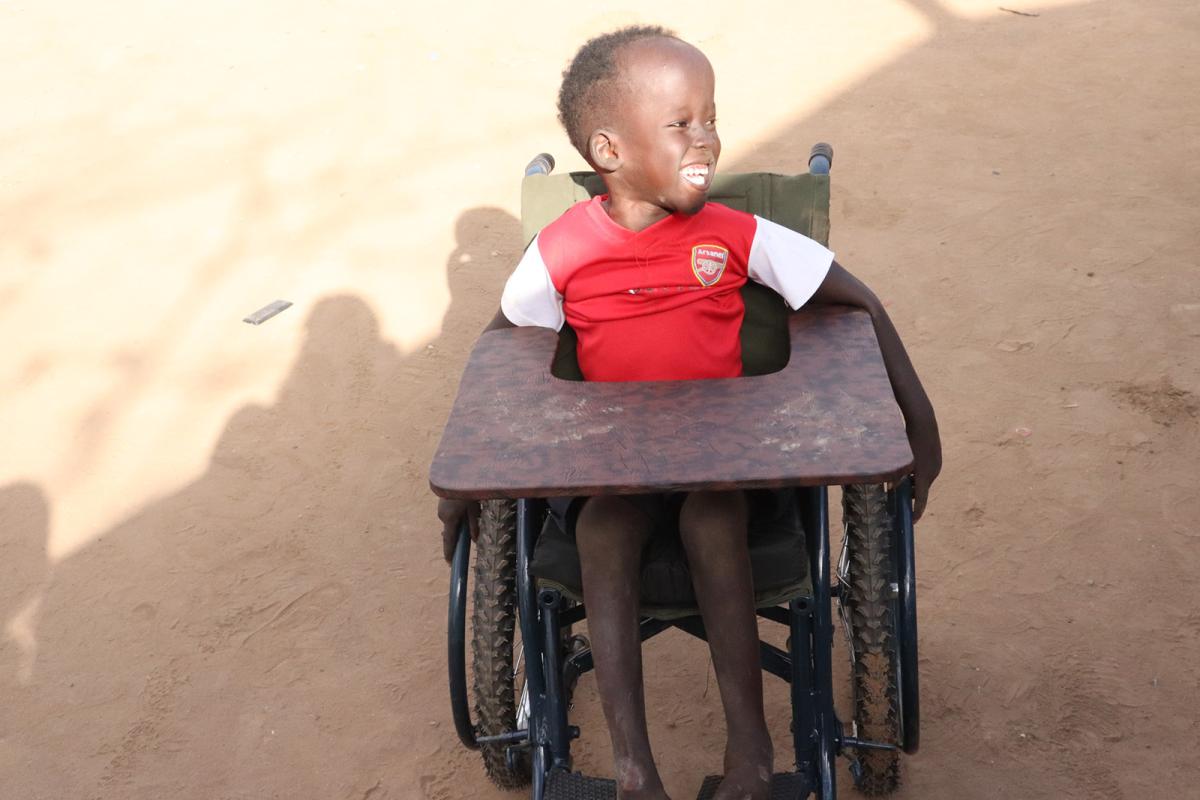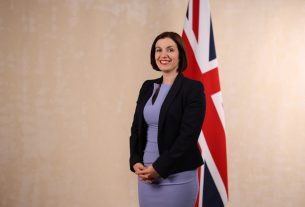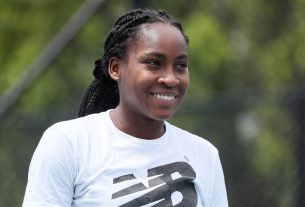Mawot Deng Achok’s journey is a remarkable testament to the transformative power of support and care for children with disabilities. Born with a physical disability in a refugee camp in Kenya, this 6-year-old boy received support from an EU-funded humanitarian project, which allowed him to go to school and take part in the life of his community.
Born in 2017 in the Kakuma Refugee Camp, Achok faced the challenges of living with spina bifida, a congenital condition that severely affected his lower limb functions, including sensation and motor skills.
Sadly, due to stigma in the community, Achok’s mother was compelled to hide him away in their house. This denied him the opportunity to interact with the world outside.
However, this would change when the community outreach workers from Humanity & Inclusion conducted a field visit to the camp. The team identified Achok and recognised the need for immediate intervention.
The team referred Achok and his mother to a psychosocial officer for emotional support. They put in place a comprehensive care plan, including home-based care. This holistic approach aimed to address his physical, emotional, and social needs.
Additionally, Achok was provided with a fitting wheelchair to facilitate his mobility in the community and at school. The wheelchair became his newfound source of joy and freedom, allowing him to move around independently.
Achok’s mother observed a positive transformation in her child’s life: “I am happy that my child is happy and enjoys the wheelchair. He can now move around freely, and the wounds have healed,” she said.
Achok has also started attending school near his home and he is happy to be able to learn.
This project has changed the live of Achok and his family. Thanks to EU humanitarian funding, Humanity & Inclusion is bringing positive change to the lives of children with disabilities in the refugee camps in Kenya.
It is estimated that 16% of the global population has a disability. Within any crisis-affected community, children with disabilities are among the most marginalised and the most vulnerable.
For instance, they often face additional barriers that preclude them from accessing assistance and education. Consequently, making humanitarian aid inclusive and accessible to persons with disabilities remains our priority.
The EU’s Civil Protection and Humanitarian Aid Operations department is also committed to supporting inclusive education and accessible learning environments.



